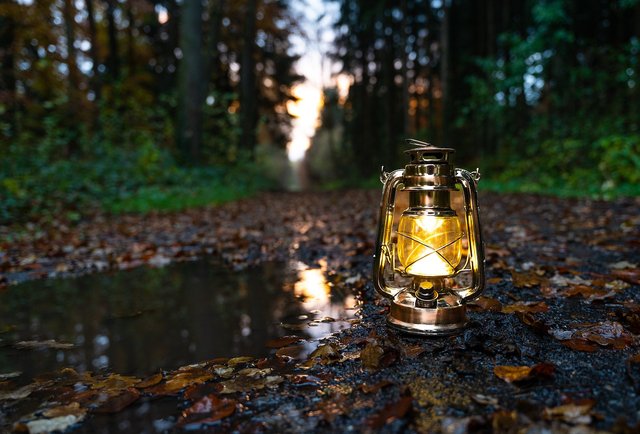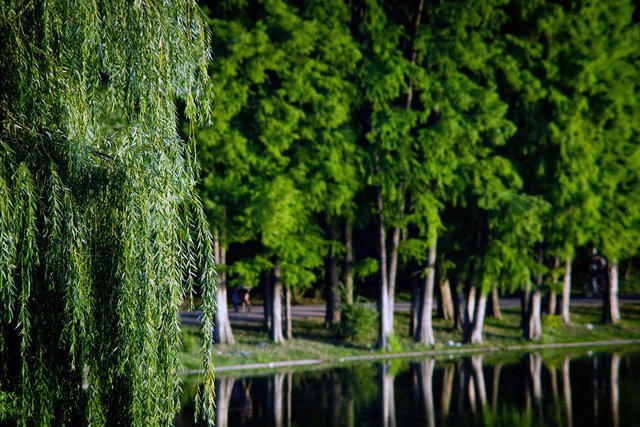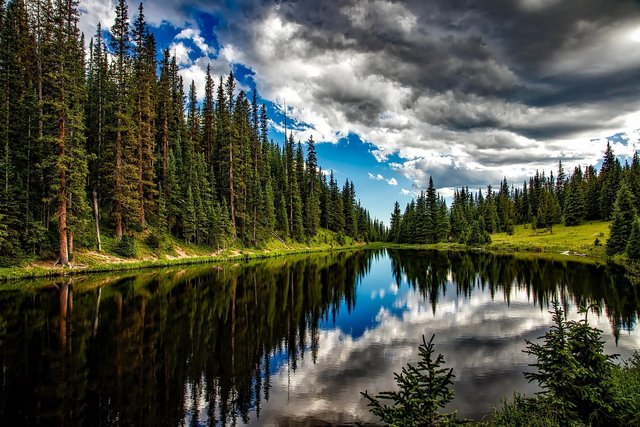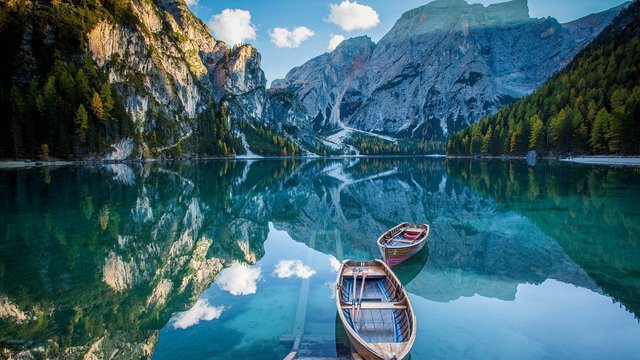OIncredible India monthly contest of April #2|Natural resources and its impact on human life!
Good morning stemians and welcome to a new week
I pray we get favoured in all we do amen
My entry to the contest natural resources
Natural Resources and Their Impact on Our Lives: A Relationship We Must Protect
Have you ever stopped to think about how much we owe to nature? Every breath we take, every meal we eat, every light we switch on somewhere behind it all, a natural resource made it possible. In a world where everything moves so fast, it's easy to forget how deeply connected we are to the Earth and its gifts.
When I think about natural resources, I picture the rivers flowing freely, the forests stretching as far as the eye can see, the rich soil under my feet, and even the powerful winds that bend the trees. Natural resources are simply everything we get from nature without having to create it ourselves water, air, minerals, forests, sunlight, fossil fuels, and much more. They are the raw ingredients that make life on Earth not just possible, but beautiful
Some of these resources, like sunlight and wind, are renewable they keep coming back, no matter how much we use them. Others, like oil, coal, and natural gas, take millions of years to form and, once used up, they’re gone. That’s why the way we treat these resources matters so much.
Why Natural Resources Matter So Much to Us
If you strip life down to its basics, what remains? Water to drink, food to eat, air to breathe, and a safe place to live. Every one of these comes directly from nature.
Without clean water, human life would last only a few days. Without fertile land, there would be no crops. Without forests, the air would choke us. And without minerals and fuels, the modern comforts we enjoy electricity, transportation, medicine would be unimaginable.
Natural resources aren’t just about survival though. They are the backbone of economies and cultures. Civilizations grew where water was abundant. Societies advanced by learning to use metals and stones. Even today, wars are fought over access to oil, minerals, and water. Entire ways of life from fishing communities to indigenous tribes are built around living harmoniously with natural resources.
But here's the catch: the very resources that give us life are now under threat because of how carelessly we use them. Overfishing, deforestation, pollution, and climate change are warnings that nature is not infinite. When we harm nature, we harm ourselves and often, it’s the poorest among us who feel it first and worst.
What Are the Most Essential Resources and How Can We Protect Them?
Personally, if I had to name the resources I think are most crucial, I’d pick five:
Water - Life’s most basic need. It’s heartbreaking to think that millions still lack clean drinking water while others waste it without a second thought.
Air - Something we all need but often take for granted until pollution makes it heavy with smog and illness.
Soil -Rich, healthy soil grows our food. It’s alive, complex, and deserves more respect than it often gets.
Forests -They don’t just provide wood and medicine; they give us oxygen and shelter countless species that keep ecosystems balanced.
Fossil fuels and minerals While they power our cities and gadgets, they also come at a heavy environmental cost when overused.
So, how do we find a balance between using these resources and preserving them? It's not easy, but it’s possible if we act with intention.
First, conservation has to be at the heart of everything. Protecting forests, oceans, and wildlife isn’t a luxury; it’s essential. If we keep cutting down trees faster than they grow back, or overfishing the oceans without allowing fish populations to recover, we’re setting ourselves up for disaster.
Second, we need to use resources wisely. That means farming in ways that nourish the soil rather than depleting it, using water sparingly, and choosing renewable energy whenever possible. Even small actions like fixing leaks, recycling, or supporting eco-friendly brands make a difference when millions of people do them.
Third, education plays a huge role. The more people understand the value of natural resources, the more pressure there will be on leaders and businesses to make sustainable choices. Change doesn’t just start in government buildings it starts in our homes, our conversations, our daily habits.
Finally, we must remember that nature isn’t something outside of us. We are part of nature. The rivers are our lifelines. The forests are our lungs. The soil is the bedrock of our food. When we protect nature, we protect ourselves and our children.
Final Thoughts
Sometimes, when I sit outside and watch the trees sway in the breeze or listen to the rain tapping on my window, I’m reminded of how generous the Earth has been to us. But generosity can’t be one-sided. We have to give back — with gratitude, respect, and responsibility.
Natural resources aren't just tools to fuel our needs and ambitions; they are sacred gifts. They deserve more than exploitation; they deserve stewardship
If we start today even with small, imperfect steps we can make sure that the next generations inherit not a planet gasping for breath, but one that’s alive, thriving, and full of promise.
Let’s not wait for tomorrow to care. Let’s start now.
Inviting my friends to participate
@davidmarkgeorge @kwinberry @imohmitchel



